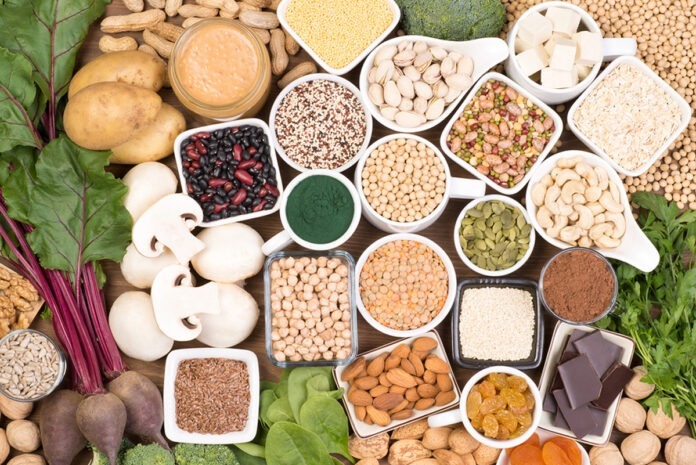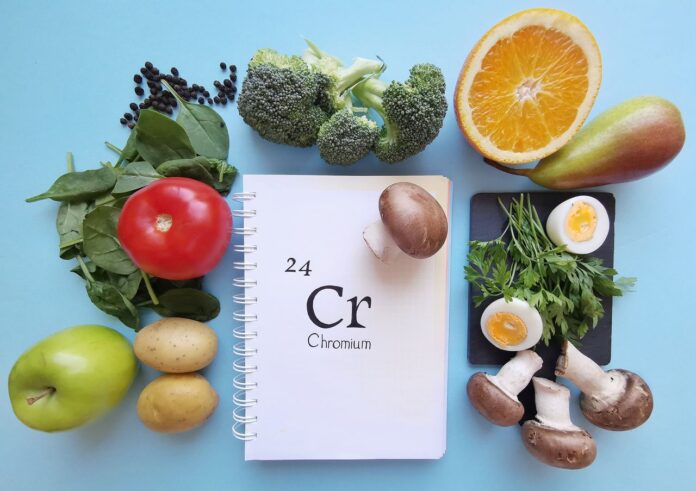Iron deficiency anaemia is one of the most common nutritional deficiencies globally, affecting both children and women. This condition often arises due to insufficient dietary intake of iron or poor absorption within the body.
Importance of Iron:
Iron is an essential mineral crucial for maintaining healthy blood and proper oxygen transport throughout the body. It is necessary for the production of red blood cells and the functioning of haemoglobin, a protein that carries oxygen from the lungs to all tissues and organs.
1. Boosts Haemoglobin:
Iron supplementation stimulates the production of red blood cells, thereby increasing haemoglobin levels in the body. This helps combat anaemia, a condition characterized by low haemoglobin levels, which can lead to various health issues.
2. Improves Immunity:
Adequate iron levels enhance immunity by aiding in the removal of toxins and bolstering the body’s ability to fight off infections and pathogens. Iron supports the proliferation and maturation of immune cells, contributing to overall immune function.
3. Minimises Bruising:
Iron plays a role in blood clotting, reducing the likelihood of frequent bruising. By ensuring sufficient iron intake, individuals can support their body’s clotting mechanism and minimize bruising.
4. Better Athletic Performance:
Iron deficiency is common among athletes and can impair physical performance. Supplementing with iron improves endurance, muscle performance, and reduces the risk of inflammation and muscle strain.
5. Reduces Fatigue:
Iron supplementation alleviates fatigue associated with anaemia, improving energy levels, focus, and stamina. It also benefits individuals with low ferritin levels, enhancing overall vitality.
6. Improves Cognition:
Low iron levels are linked to cognitive impairment, including poor concentration and memory. Iron supplements support cognitive function, promoting mental clarity and alertness.
7. Promotes Healthy Pregnancy:
Pregnant women require increased iron intake to support foetal growth and prevent complications such as preterm birth and low birth weight. Iron supplementation during pregnancy is crucial for maternal and foetal health.
8. Brain-Body Detox and Better Sleep:
Iron aids in detoxification, neutralizing toxins and pollutants in the body. It also improves sleep quality, addressing issues like insomnia and sleep apnea associated with iron deficiency.
9. Improves Skin Health:
Iron supplementation enhances skin health by promoting wound healing, reducing dark spots, and improving overall skin tone and texture. It ensures adequate oxygen supply to skin cells, preventing dullness and blemishes.
10. Enhances Hair Appearance:
Iron supports hair growth and prevents hair loss by optimizing oxygen supply to hair follicles. It contributes to healthy, shiny hair with good elasticity and texture.
Iron Levels and Aging:
Maintaining healthy iron levels may contribute to longevity and healthy aging. Research suggests that genetic variations related to iron metabolism could influence lifespan and healthspan, highlighting the potential anti-aging benefits of iron supplementation.
In conclusion, iron supplements offer a range of health benefits, from boosting immunity and energy levels to promoting healthy pregnancy and improving cognitive function. Ensuring adequate iron intake is essential for overall health and well-being.



















